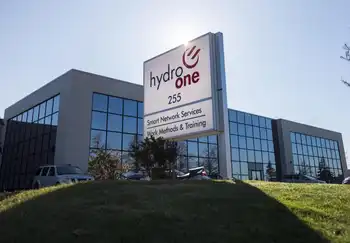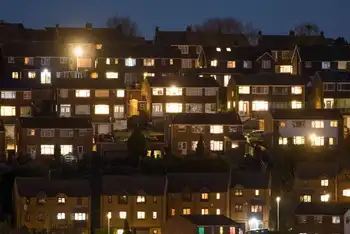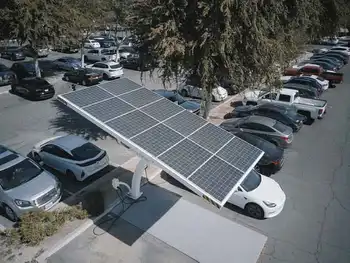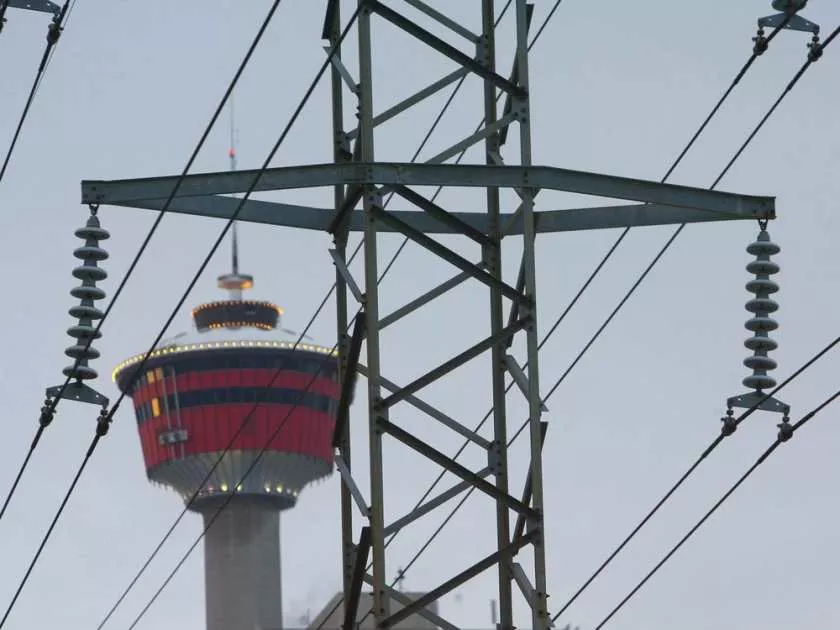Power industry may ask staff to live on site as Coronavirus outbreak worsens
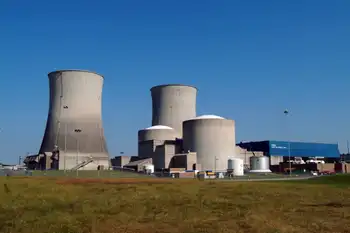
Substation Relay Protection Training
Our customized live online or in‑person group training can be delivered to your staff at your location.

- Live Online
- 12 hours Instructor-led
- Group Training Available
Power plant staff sequestration isolates essential operators on-site at plants and control centers, safeguarding critical infrastructure and grid reliability during the COVID-19 pandemic under DHS CISA guidance, with social distancing, offset shifts, and stockpiled supplies.
Key Points
A protocol isolating essential grid workers on-site to maintain operations at plants and control centers.
✅ Ensures grid reliability and continuity of critical infrastructure
✅ Implements social distancing, offset shifts, and isolation protocols
✅ Stockpiles food, beds, PPE, and sanitation for essential crews
The U.S. electric industry may ask essential staff to live on site at power plants and control centers to keep operations running if the coronavirus outbreak worsens, after a U.S. grid warning from the overseer, and has been stockpiling beds, blankets, and food for them, according to industry trade groups and electric cooperatives.
The contingency plans, if enacted, would mark an unprecedented step by power providers to keep their highly-skilled workers healthy as both private industry and governments scramble to minimize the impact of the global pandemic that has infected more than 227,000 people worldwide, with some utilities such as BC Hydro at Site C reporting COVID-19 updates as the situation evolves.
“The focus needs to be on things that keep the lights on and the gas flowing,” said Scott Aaronson, vice president of security and preparedness at the Edison Electric Institute (EEI), the nation’s biggest power industry association. He said that some “companies are already either sequestering a healthy group of their essential employees or are considering doing that and are identifying appropriate protocols to do that.”
Maria Korsnick, president of the Nuclear Energy Institute, said that some of the nation’s nearly 60 nuclear power plants are also “considering measures to isolate a core group to run the plant, stockpiling ready-to-eat meals and disposable tableware, laundry supplies and personal care items.”
Neither group identified specific companies, though nuclear worker concerns have been raised in some cases.
Electric power plants, oil and gas infrastructure and nuclear reactors are considered “critical infrastructure” by the federal government, and utilities continue to emphasize safety near downed lines even during emergencies. The U.S. Department of Homeland Security is charged with coordinating plans to keep them operational during an emergency.
A DHS spokesperson said that its Cybersecurity and Infrastructure Security Agency had issued guidance to local governments and businesses on Thursday asking them to implement policies to protect their critical staff from the virus, even as an EPA telework policy emerged during the pandemic.
“When continuous remote work is not possible, businesses should enlist strategies to reduce the likelihood of spreading the disease,” the guidance stated. “This includes, but is not necessarily limited to, separating staff by off-setting shift hours or days and/or social distancing.”
Public health officials have urged the public to practice social distancing as a preventative measure to slow the spread of the virus, and as more people work from home, rising residential electricity use is being observed alongside daily routines. If workers who are deemed essential still leave, go to work and return to their homes, it puts the people they live with at risk of exposure.
California has imposed a statewide shutdown, asking all citizens who do not work in those critical infrastructure industries not to leave their homes, a shift that may raise household electricity bills for consumers. Similar actions have been put in place in cities across America.







